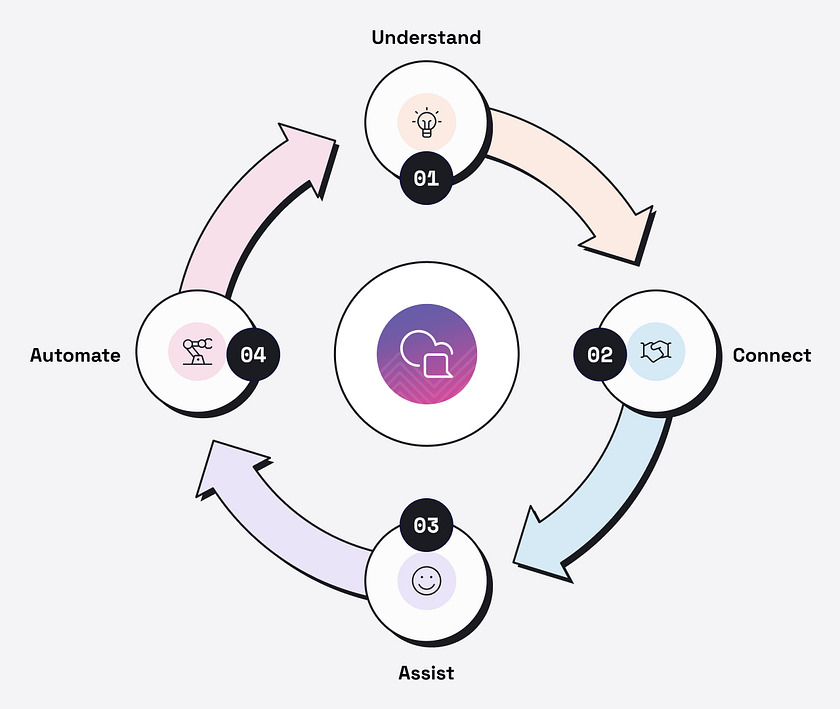Conversational Intelligence: Meaning, Benefits, and Real-World Examples

Introduction
In today’s fast-paced world, the way we communicate has become just as important as what we communicate. Whether in business, leadership, or everyday interactions, strong conversations can build trust, foster collaboration, and drive better outcomes. This is where Conversational Intelligence (C-IQ) comes into play. It’s more than just talking — it’s about connecting, understanding, and creating meaningful dialogue that leads to growth and stronger relationships.
What Is Conversational Intelligence?
Conversational Intelligence is the ability to communicate in a way that builds trust, encourages collaboration, and creates mutual understanding. It goes beyond language and focuses on the intent behind conversations, body language, tone, and the emotions that influence communication.
In short, Conversational Intelligence is about shifting conversations from power struggles to partnerships — where people feel heard, respected, and valued.
Why Is Conversational Intelligence Important?
- Builds Trust and Transparency
Trust is the foundation of any strong relationship. When conversations are open and respectful, they create an environment where people feel safe to share ideas and feedback. - Enhances Collaboration
Teams thrive when communication is clear and supportive. C-IQ helps reduce misunderstandings and promotes teamwork by aligning people toward a common goal. - Boosts Employee Engagement
In the workplace, employees who feel valued and heard are more motivated. Conversational Intelligence encourages leaders to listen actively and respond with empathy. - Improves Conflict Resolution
Miscommunication often leads to conflict. With C-IQ, disagreements can be turned into productive conversations that strengthen, rather than damage, relationships. - Drives Better Decision-Making
When leaders and teams communicate effectively, they can explore diverse perspectives and make informed, collaborative decisions.
Real-World Examples of Conversational Intelligence
- In Business Leadership:
A manager who practices C-IQ doesn’t just give instructions — they ask for input, listen actively, and create an environment where employees feel ownership of their work. This builds loyalty and increases performance. - In Customer Service:
Customer service representatives with high C-IQ don’t simply follow a script. They listen empathetically, validate the customer’s concerns, and provide personalized solutions. - In Team Collaboration:
During brainstorming sessions, instead of dismissing ideas, team members use C-IQ to encourage creativity by saying, “That’s an interesting point, let’s explore it further.” This fosters innovation. - In Personal Relationships:
A simple example is resolving a misunderstanding with a friend. Instead of reacting defensively, someone with Conversational Intelligence would calmly listen, acknowledge feelings, and respond thoughtfully.
How to Develop Conversational Intelligence
- Practice Active Listening — Focus on understanding, not just responding.
- Ask Open-Ended Questions — Encourage deeper dialogue rather than yes/no answers.
- Show Empathy — Acknowledge the emotions and perspectives of others.
- Be Aware of Non-Verbal Cues — Body language and tone often speak louder than words.
- Build Trust Over Time — Consistency, honesty, and respect are key to meaningful conversations.
Conclusion
Conversational Intelligence is more than a communication skill — it’s a transformative ability that shapes relationships, work culture, and personal growth. By developing C-IQ, individuals and organizations can build stronger trust, foster collaboration, and turn every interaction into an opportunity for connection and success.


Comments
Post a Comment